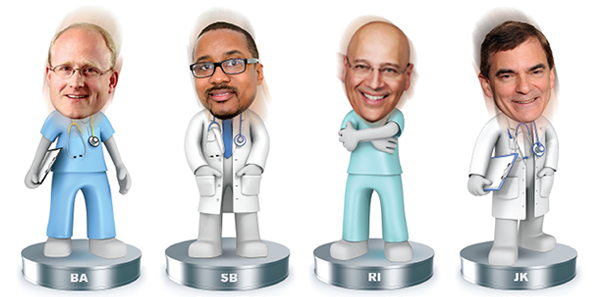
Editor’s Note: The ACEP Council hosted a Town Hall meeting on mergers and acquisitions on Oct. 24, 2015, in Boston. Here is Part 3 of our edited transcript of the discussion. See the January and February issues for Parts 1 and 2, respectively.
Explore This Issue
ACEP Now: Vol 35 – No 03 – March 2016Introduction
This is our Town Hall meeting and should represent a topic that is really important to the practice of emergency medicine, our specialty, and beyond: mergers and acquisitions. Many of us may not know a lot about this process and how it could impact us, but I think it’s time we discussed it so that we are all more informed about mergers and acquisitions in medicine. That’s why I titled this “Mergers and Acquisitions: The Medical Shark Tank.” I tried to get Mark Cuban; he still hasn’t responded to the request. I’ve asked Ricardo Martinez, who has a wealth of broad health care knowledge, to moderate this session.
—Kevin M. Klauer, DO, EJD, FACEP, ACEP Council Speaker (2013–2015), chief medical officer–emergency medicine and chief risk officer for TeamHealth, and ACEP Now medical editor-in-chief
Moderator

Ricardo Martinez, MD, FACEP, chief medical officer for North Highland Worldwide Consulting and assistant professor of emergency medicine at Emory University in Atlanta.
Participants

Brent Asplin, MD, MPH, FACEP, chief clinical officer for Mercy Health in Ohio
Savoy Brummer, MD, FACEP, vice president of practice development at CEP America in Belleville, Illinois, and chair of the ACEP Democratic Group Section
Ray Iannaccone, MD, FACEP, president of EmCare
Jay Kaplan, MD, FACEP, President of ACEP; director of the patient experience for CEP America in Emeryville, California; and a practicing clinician in the emergency department at Marin General Hospital in Greenbrae, California
JK: Culture doesn’t stand by itself. If it’s a synergistic relationship and the quality of the organizations both improve, then that’s a match made in heaven, and it becomes a win-win. On the other hand, if two organizations come together and the quality, outcomes, and revenue don’t meet expectations and in fact suffer a little bit, that’s when things fall apart.
SB: As important as culture is, it’s less important to people outside of our market. How many random telephone calls does the C-suite of CEP get every month from private-equity or hedge funds, saying, “We’d like to purchase your organization for X multiple”? Again, as much as we talk about culture, there are those outside of our industry who really look at the numbers.





No Responses to “Emergency Physicians Discuss Mergers, Money, Future of Emergency Medicine at ACEP15 Council Town Hall”